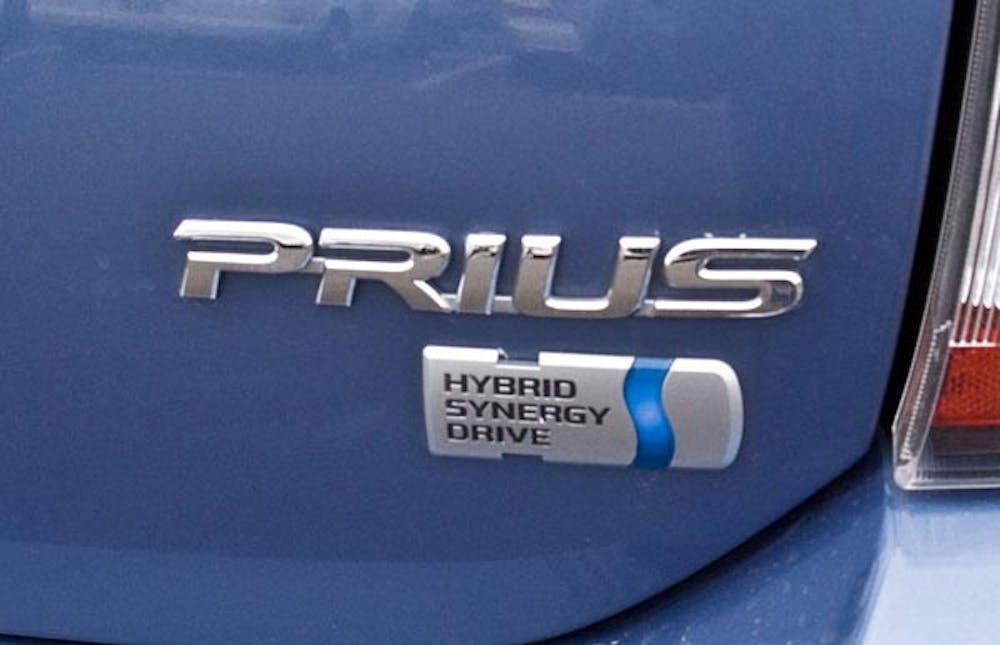The Ford Motor Company announced this month that it will bring a new fully electric car to two Arizona cities as test markets.
Phoenix and Tucson will be among 19 U.S. cities where Ford will premiere its Focus Electric in late 2011. It will be the company’s first model to produce no carbon dioxide emissions, according to an announcement released Nov. 19.
The Focus Electric is a modification of an existing gasoline-powered Ford model, the Focus, which has been offered in coupe, sedan and station wagon models. The models with gasoline-powered engines will still be available.
In a press release, Ford said the chosen locations will act as test markets to gauge interest in the lithium-ion battery powered car before considering expansion into other U.S. markets.
The cities were chosen because of purchasing trends of existing hybrid vehicles and local government commitment to electrification. Ford’s director of Global Electrification Nancy Gioia said bringing the car to market requires collaboration across various groups.
“Making electric vehicles a viable option for consumers requires teamwork across a variety of industries and government entities,” Gioia said.
Gioia added that Ford has to work closely with local governments and utility companies to make sure the cities they were offering the car had the existing infrastructure to support the vehicle.
Phoenix has been selected to receive more than 900 electric vehicle chargers to be placed around the city as part of a larger initiative to install 15,000 charging stations in six states in 2011.
ECOtality, an electric transportation technology company based in California, is leading the installation process of a $230 million public-private plan. Don Karner, president of ECOtality North America, said the installation is the largest deployment of electric vehicle infrastructure to date.
Karner added that the installation of chargers, which will also include 40 fast chargers that can provide a full charge in 30 minutes, will provide information that the company can use in future installations.
“The rich EV infrastructure that we will create in Arizona will create a valuable test bed, yielding priceless data that will allow us to build a network that best meets the needs of EV drivers,” Karner said.
Though building infrastructure and support for the electric car may make it more appealing, secondary education junior Jen Steinfeld said they will probably still be out of the price range of the average college student.
“[Electric cars] are a great step towards a better environment, but they are still too expensive,” Steinfeld said. “If they were more common, I would consider buying one.”
Ford has yet to release the list price for the Focus Electric, but owners of hybrid electric vehicles are eligible for a tax credit up to $7,500.
Reach the reporter at Michael.reppenhagen@asu.edu





